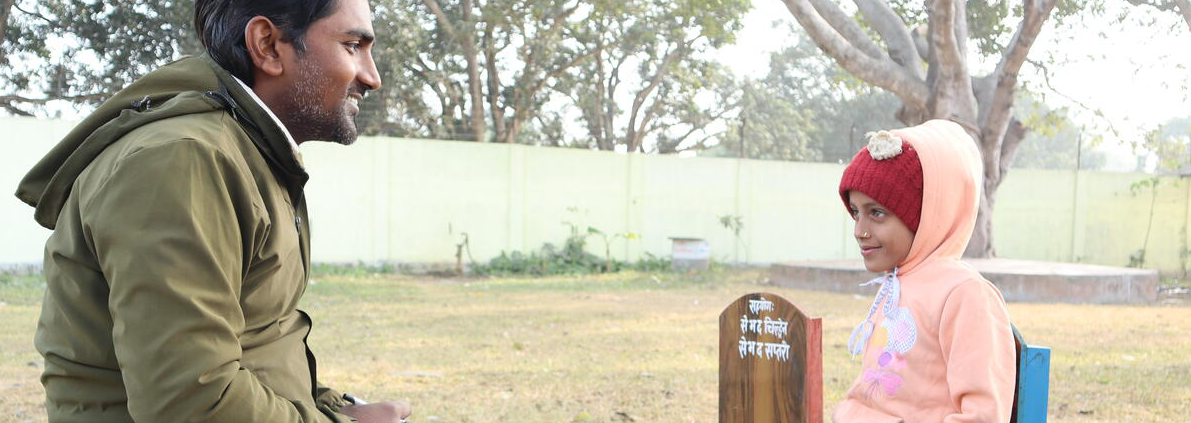Les enfants les plus vulnérables confrontés à des risques particuliers pendant la pandémie de COVID-19 : comment les agences ont communiqué avec les communautés sur la parentalité dans les contextes de faibles ressources et de crise humanitaire
Auteurs : READY, Office des Nations Unies contre la drogue et le crime, Centre Johns Hopkins pour les programmes de communication, Right to Play, Comité international de secours
Des données probantes suggèrent que les enfants vivant dans des contextes humanitaires et à faibles ressources ont subi des problèmes de santé mentale et des violences familiales accrus pendant la pandémie de SRAS-CoV-2 (COVID-19), ce qui a pu affecter leur santé et leur développement. Pour les organismes d'intervention humanitaire, la mise en œuvre des services de protection de l'enfance pendant cette pandémie a été limitée par des préoccupations de sécurité liées au risque de transmission de la COVID-19 et par des problèmes logistiques liés aux mesures sociales et de santé publique. Cet article décrit la manière dont les organismes ont réagi aux risques identifiés auxquels les enfants sont confrontés, en intégrant des approches de communication des risques à distance et d'engagement communautaire, ainsi que des dialogues en personne sécurisés avec les parents et les personnes qui s'occupent d'eux, dans le cadre des interventions de protection de l'enfance, afin de les sensibiliser à la maladie et à sa prévention, de favoriser un environnement parental positif et d'atténuer les effets négatifs sur les enfants.
Voir l'article dans English sur le site de la Société européenne de médecine.


Ce site Web est rendu possible grâce au soutien du peuple américain à travers le Agence des États-Unis pour le développement international (USAID) dans le cadre de l’initiative READY. READY (pas un acronyme) est soutenu par l'USAID Bureau pour la démocratie, les conflits et l'assistance humanitaire, Bureau américain d'assistance en cas de catastrophe à l'étranger (OFDA) et est dirigé par Sauver les enfants en partenariat avec le Centre Johns Hopkins pour la santé humanitaire, le Centre Johns Hopkins pour les programmes de communication, Royaume-Uni-Med, Alliance ÉcoSanté, et Miséricorde Malaisie. Le contenu de ce site Web relève de la seule responsabilité de Save the Children. Les informations fournies sur ce site Web ne reflètent pas nécessairement les points de vue de l'USAID, de l'un ou de tous les partenaires du consortium, ou du gouvernement des États-Unis, et ne constituent pas des informations officielles du gouvernement américain.


